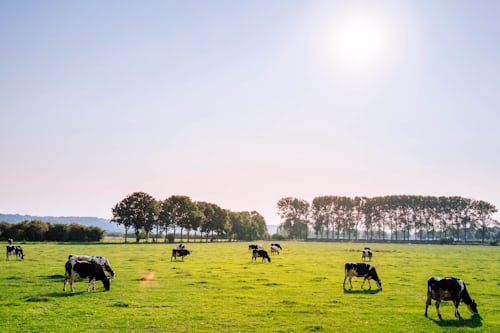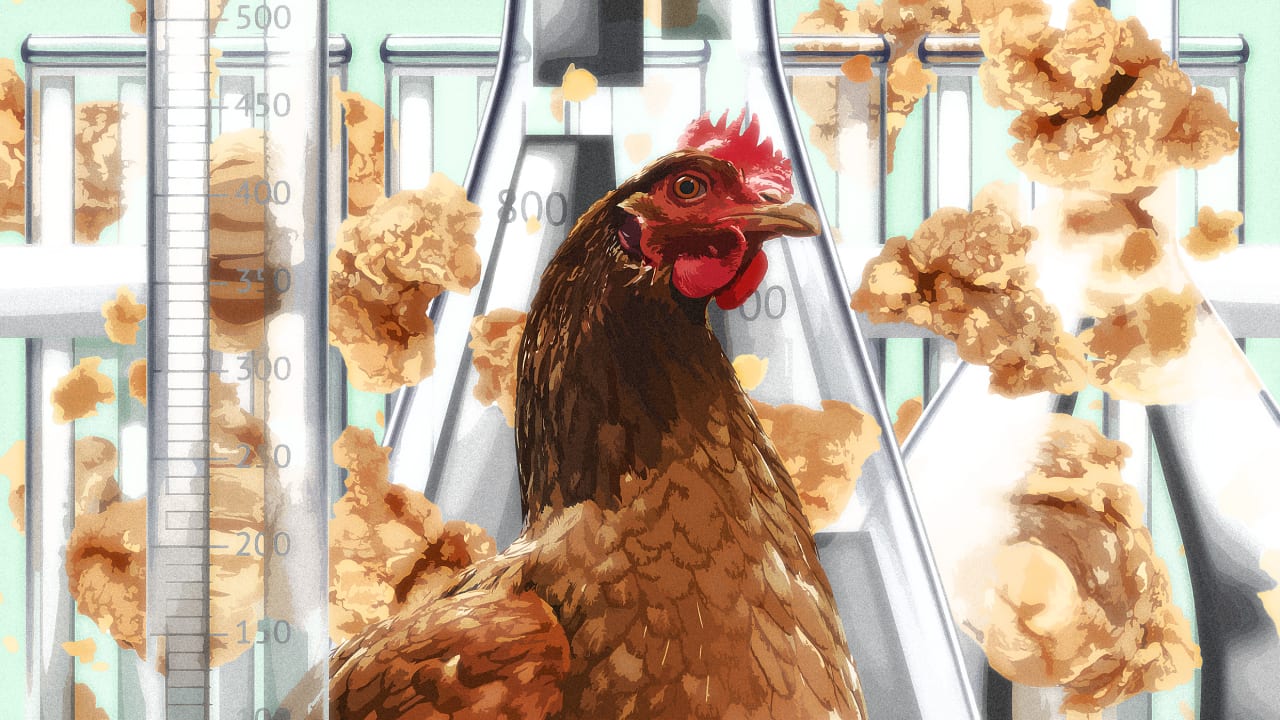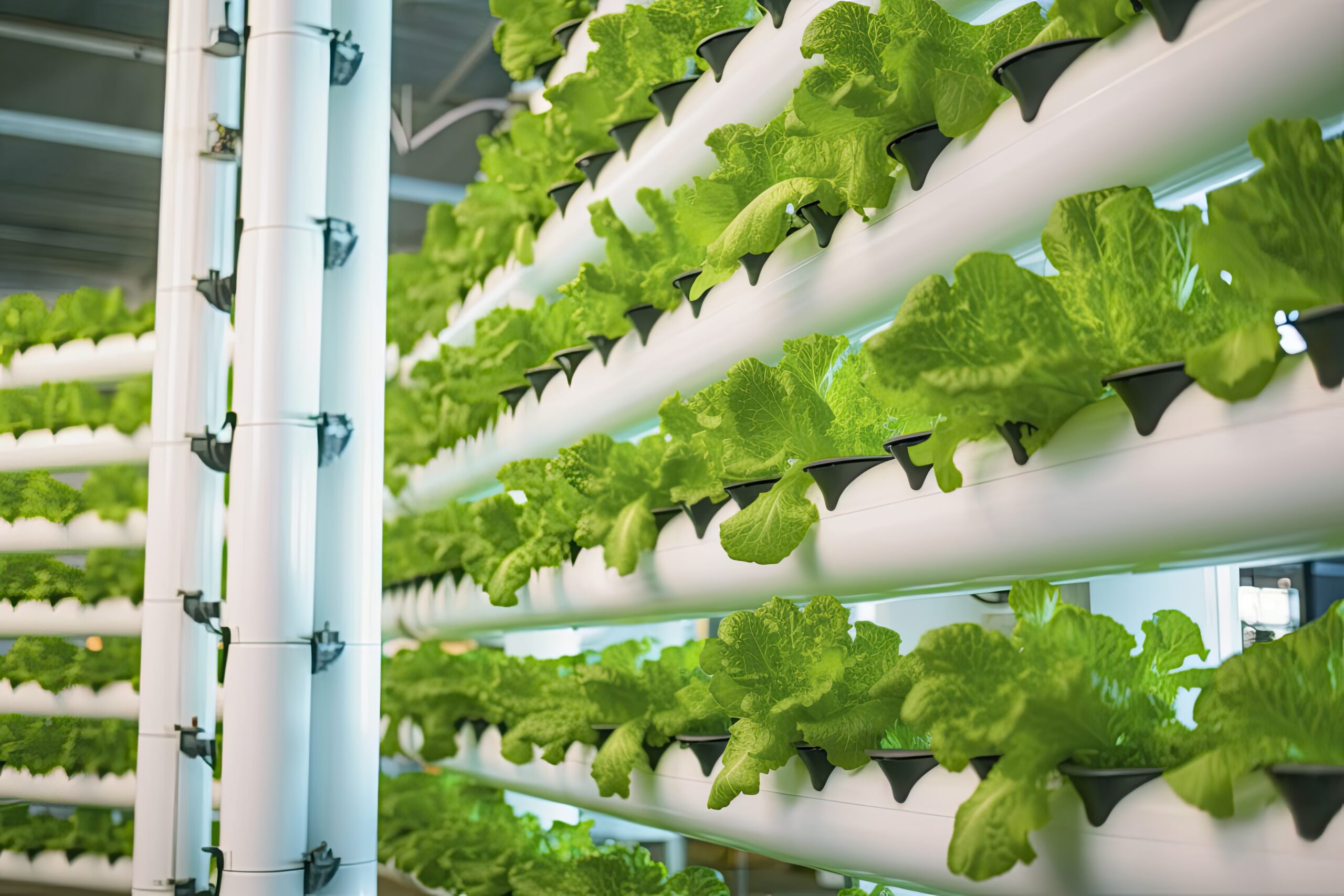Quotes from Down To Earth, December 09 2023
By Shagun
The emergence of new plant-based alternatives to meat and dairy could help decrease the environmental impact of the global food system, especially in wealthier nations, as long as they rely on renewable energy sources.
The United Nations Environment Programme (UNEP) released an assessment on December 8, highlighting this as a key finding.

Nearly 60% of food-related GHG emissions and 14-20% of global GHG emissions are attributed to animal GHG emissions, feed production, land use changes, and energy-intensive supply chains.
By 2050, there will be a 50% increase in meat consumption. The analysis discovered that these alternatives have substantial potential for reducing GHG emissions and can also aid in reducing land degradation, deforestation, water and soil pollution, biodiversity loss, as well as the risks of zoonotic diseases and antimicrobial resistance.
** To access the complete text, please click here **









